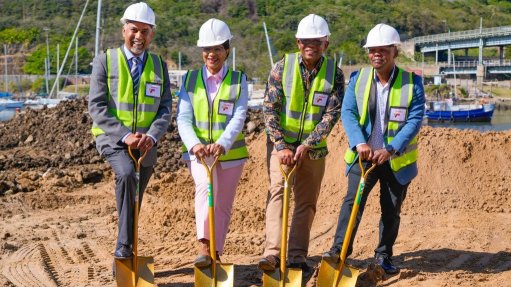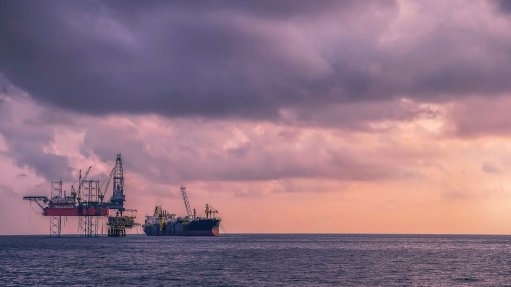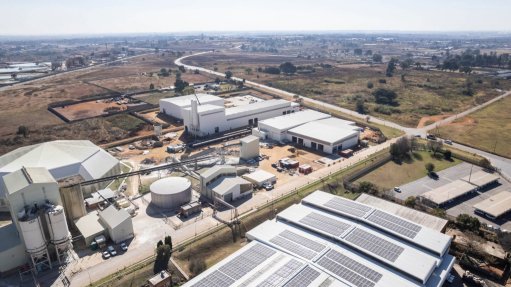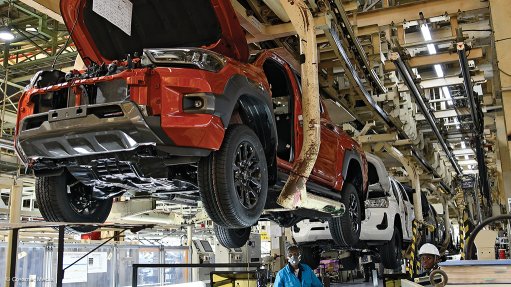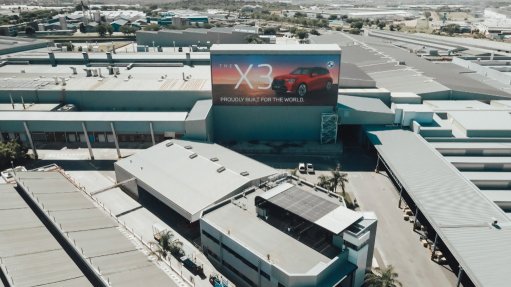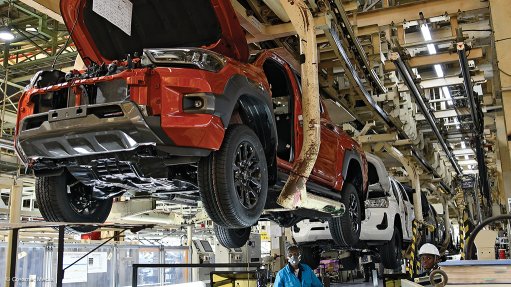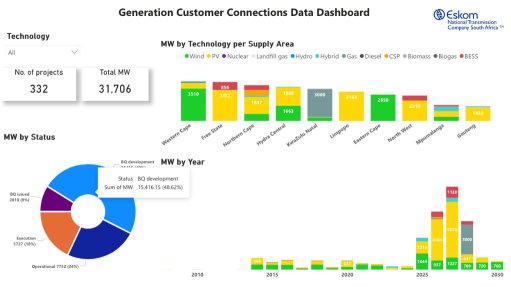Resilient infrastructure solutions for the future of climate change
This article has been supplied.
By Roelof van den Berg, CEO of the Gap Infrastructure Corporation
Recent extreme weather events have devastated thousands of homes and businesses across South Africa, leaving communities in the Eastern Cape, Western Cape, and KwaZulu-Natal reeling. Against this backdrop, it’s vital for infrastructure developers to play a proactive role in addressing the realities of climate change by rethinking and redesigning infrastructure for the future.
The costs associated with the aftermath of extreme weather events can be staggering, both in terms of lives and livelihoods, as well as the expense of repairing and rebuilding infrastructure. Consider that in June alone, the floods in the Eastern Cape have caused infrastructure damages totalling over R5 billion, and the tornado which tore through Tongaat another R1.3 billion.
In fact, researchers estimate that while climate change cost South Africa less than 0.5% of GDP in 1995, this figure could rise to 3% of GDP by 2030. As such, building sustainable, durable, adaptable infrastructure that can withstand adverse conditions is not just an environmental and social imperative, but an economic one.
Here’s a closer look at three of the most pressing challenges posed by accelerating climate change, as well as some of the available solutions that should be emphasised to enhance infrastructure resilience:
1. Rising temperatures
According to the Council for Scientific and Industrial Research (CSIR), temperatures in southern Africa are rising twice as quickly as the global average, raising the risk of El Niño events and extreme heat.
In response, developers can introduce passive cooling systems into designs. Light-coloured or reflective roofing materials that reflect more sunlight and absorb less heat can significantly reduce indoor temperatures, reducing the need for air-conditioning. This is a relatively low-cost solution that can be easily implemented in new construction projects and retrofitted onto existing buildings.
Proper insulation in walls and roofs can further help maintain comfortable indoor temperatures by keeping heat out during the day and retaining cool air at night. Further incorporating efficient ventilation systems, such as natural ventilation and mechanical fans, can likewise enhance airflow without incurring significant energy costs.
2. Water scarcity
Rising temperatures and the growing frequency of droughts will aggravate water scarcity. To safeguard South Africa’s future water security, it’s therefore vital to implement advanced water management techniques and technologies into developments.
For example, advanced leak detection systems can markedly reduce water loss in distribution networks, as acoustic sensors, pressure monitors, and smart meters can help to identify and locate leaks quickly for immediate repairs. Additionally, decentralised water storage facilities can provide a buffer against supply disruptions by storing excess water during rainy seasons or wet periods, which can then be treated and reused during dry periods.
On a smaller scale, housing and residential developments can incorporate greywater systems that treat and reuse water from sinks and showers for non-potable uses, such as irrigation and flushing toilets.
3. Extreme weather events
Extreme heat, thunderstorms, strong winds, and hailstorms can all potentially degrade a building or service infrastructure’s integrity, eventually leading to expensive repairs.
To avoid this, and mitigate potential maintenance and repair costs, utilising high-performance materials such as reinforced concrete and advanced composites can improve building strength and durability to better withstand abnormal weather events and natural disasters. Moreover, corrosion-resistant materials can extend the lifespan of infrastructure exposed to harsh environments, while eco-friendly materials should be prioritised to reduce the environmental impacts of construction.
This said, our philosophy at Gap Infrastructure Corporation (GIC) is that physical structures themselves are easy; it’s the planning that’s more often complex and challenging. Responsible development begins by analysing the environmental and social factors at play, and performing proper risk assessment to better understand and protect against future threats when creating project blueprints – which is where technology such as 5D BIM and Smart City Digital Twins have become gamechangers.
Ultimately, by innovating, performing careful planning, and maintaining a focus on longevity throughout projects, infrastructure developers can play a leading role in protecting our communities, and placing people and planet first.
Article Enquiry
Email Article
Save Article
Feedback
To advertise email advertising@creamermedia.co.za or click here
Comments
Press Office
Announcements
What's On
Subscribe to improve your user experience...
Option 1 (equivalent of R125 a month):
Receive a weekly copy of Creamer Media's Engineering News & Mining Weekly magazine
(print copy for those in South Africa and e-magazine for those outside of South Africa)
Receive daily email newsletters
Access to full search results
Access archive of magazine back copies
Access to Projects in Progress
Access to ONE Research Report of your choice in PDF format
Option 2 (equivalent of R375 a month):
All benefits from Option 1
PLUS
Access to Creamer Media's Research Channel Africa for ALL Research Reports, in PDF format, on various industrial and mining sectors
including Electricity; Water; Energy Transition; Hydrogen; Roads, Rail and Ports; Coal; Gold; Platinum; Battery Metals; etc.
Already a subscriber?
Forgotten your password?
Receive weekly copy of Creamer Media's Engineering News & Mining Weekly magazine (print copy for those in South Africa and e-magazine for those outside of South Africa)
➕
Recieve daily email newsletters
➕
Access to full search results
➕
Access archive of magazine back copies
➕
Access to Projects in Progress
➕
Access to ONE Research Report of your choice in PDF format
RESEARCH CHANNEL AFRICA
R4500 (equivalent of R375 a month)
SUBSCRIBEAll benefits from Option 1
➕
Access to Creamer Media's Research Channel Africa for ALL Research Reports on various industrial and mining sectors, in PDF format, including on:
Electricity
➕
Water
➕
Energy Transition
➕
Hydrogen
➕
Roads, Rail and Ports
➕
Coal
➕
Gold
➕
Platinum
➕
Battery Metals
➕
etc.
Receive all benefits from Option 1 or Option 2 delivered to numerous people at your company
➕
Multiple User names and Passwords for simultaneous log-ins
➕
Intranet integration access to all in your organisation






